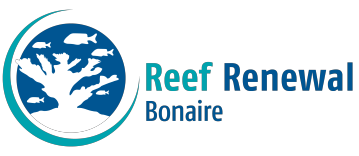We are working on a 5-year project [2023 – 2027] funded by the Dutch national and Bonaire municipal governments, aimed at assisting the recovery of the reefs within the Bonaire National Marine Park boundaries. The project focuses on enhancing coral diversity and abundance, fostering collaboration, while building our restoration community. We’ve pinpointed 4 tangible restoration goals that align with the Nature and Environmental Policy Plan (NEPP) targets for the BES islands:
Increasing Production & Diversity
Central to our project’s mission is expanding our capacity to propagate and outplant more corals and coral larvae. We propagate corals using 2 fundamental techniques: fragmentation and coral seeding.
Coral Nursery and Outplanting Sites Expansion
We’re expanding our network of nurseries and restoration sites by adding capacity to our current nurseries and establishing new ones at more remote locations. More coral species and genotypes are added to our nurseries as they grow in size and are placed in different areas. Check out our current map of nursery and restoration sites here:
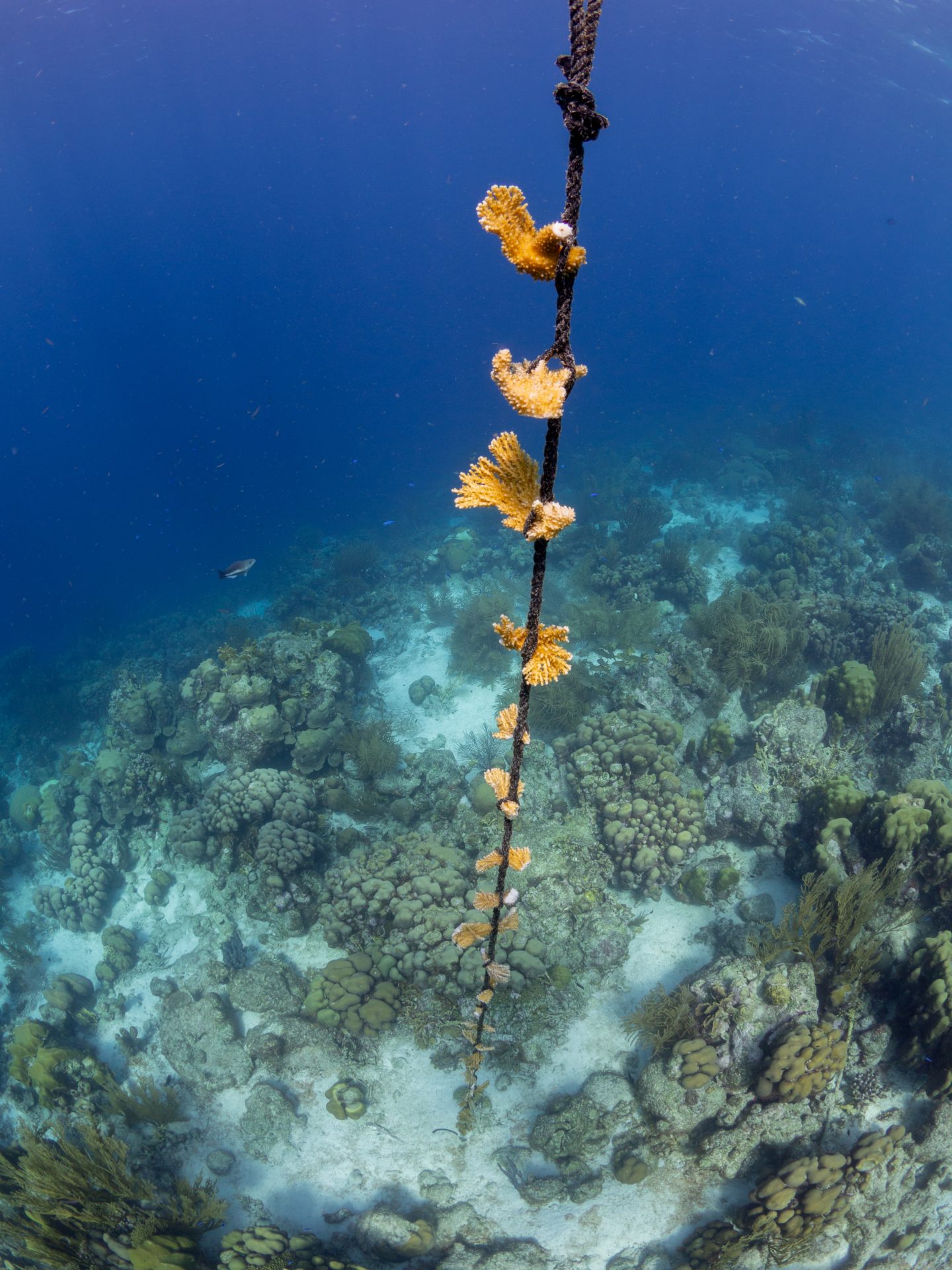
Coral Breeding
We’re also scaling up our Coral Seeding program and fine-tuning each step of the process. By facilitating corals’ sexual reproduction process, we can breed hundreds of thousands of genetically unique offspring and “seed” them on the reef. By adding new genotypes to natural coral populations on Bonaire, we potentially increase their ability to withstand mounting threats, like higher sea temperatures and coral diseases. This project allows us to increase the quantity of coral larvae we can produce and young recruits we can add to our nurseries or directly to degraded reef areas.
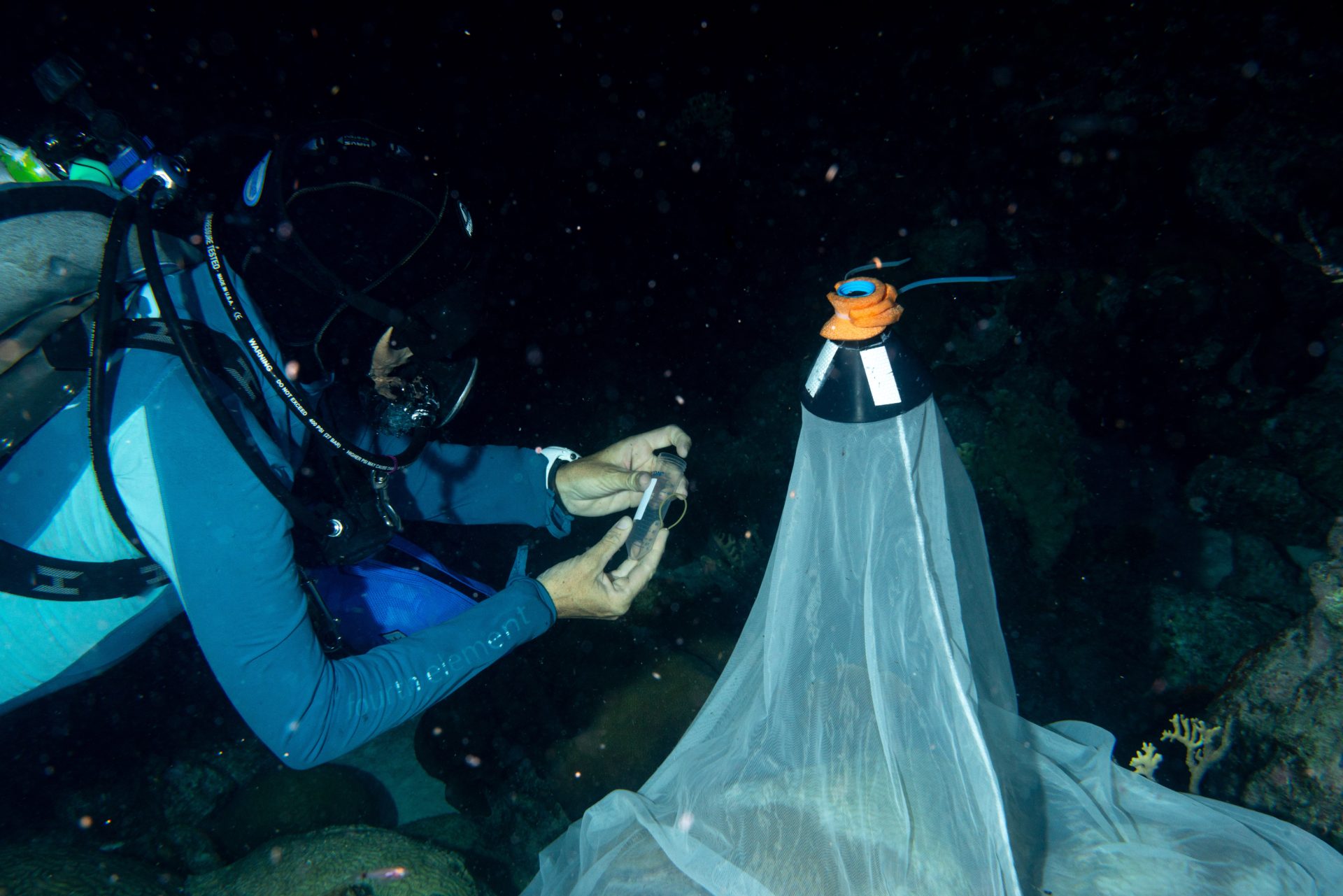
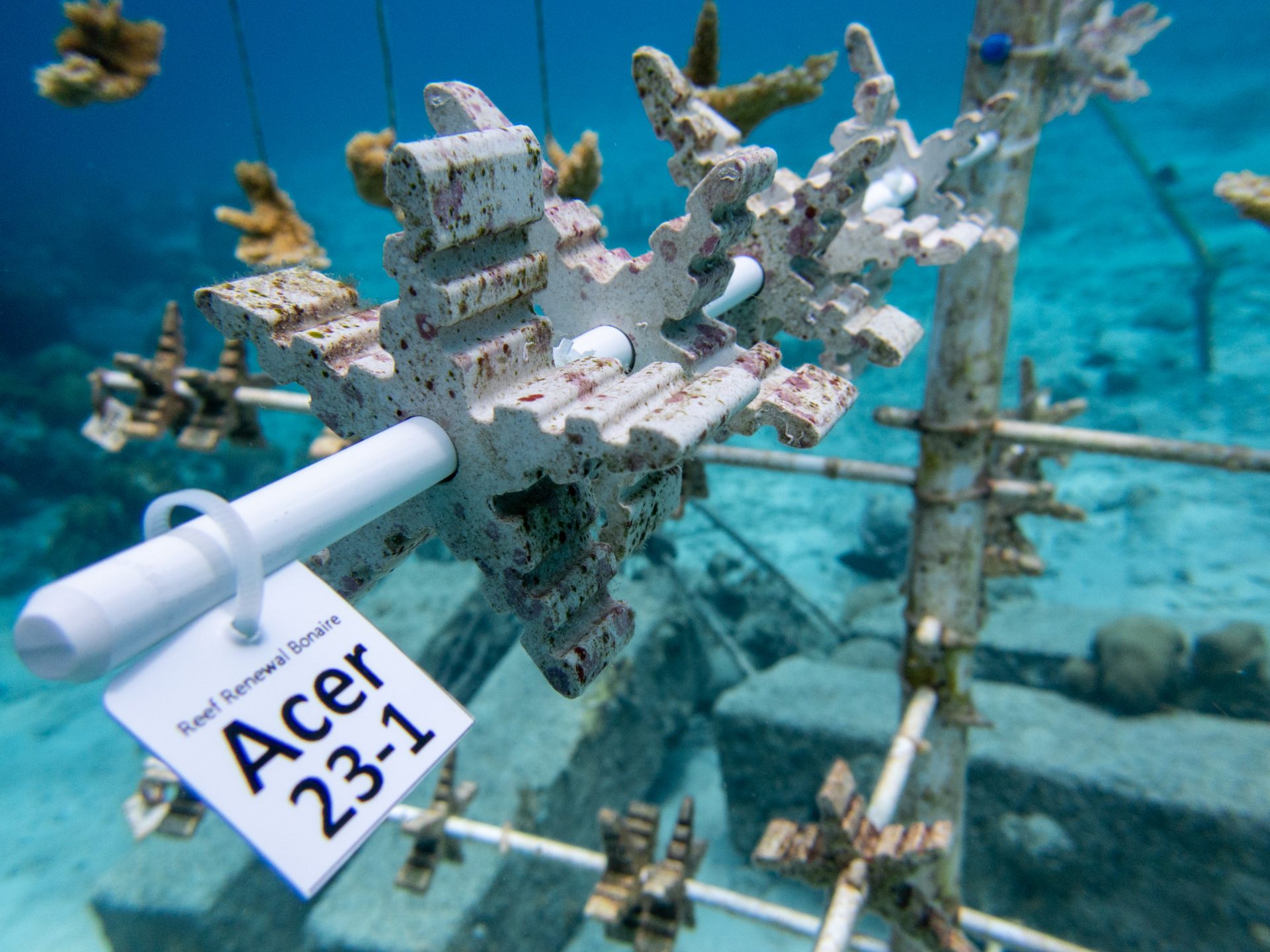
Gene banking
We selectively stock a variety of corals in our gene banks and monitor their response to changing environmental conditions. By propagating genotypes that exhibit resilience to various threats, we actively safeguard the diversity of coral populations on the reef.
As part of our efforts to increase the genetic diversity of depleted coral populations, we selectively breed vulnerable species via coral breeding and larval propagation. We implement a combination of coral seeding technologies that facilitate key stages of coral development, from assisted fertilization to reef settlement.
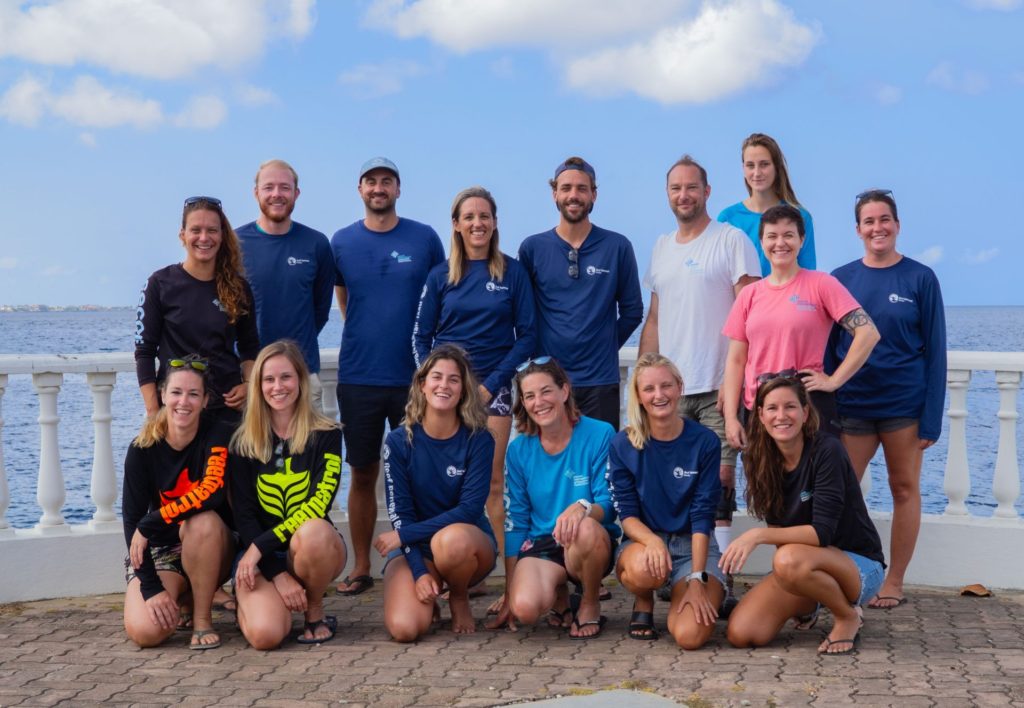
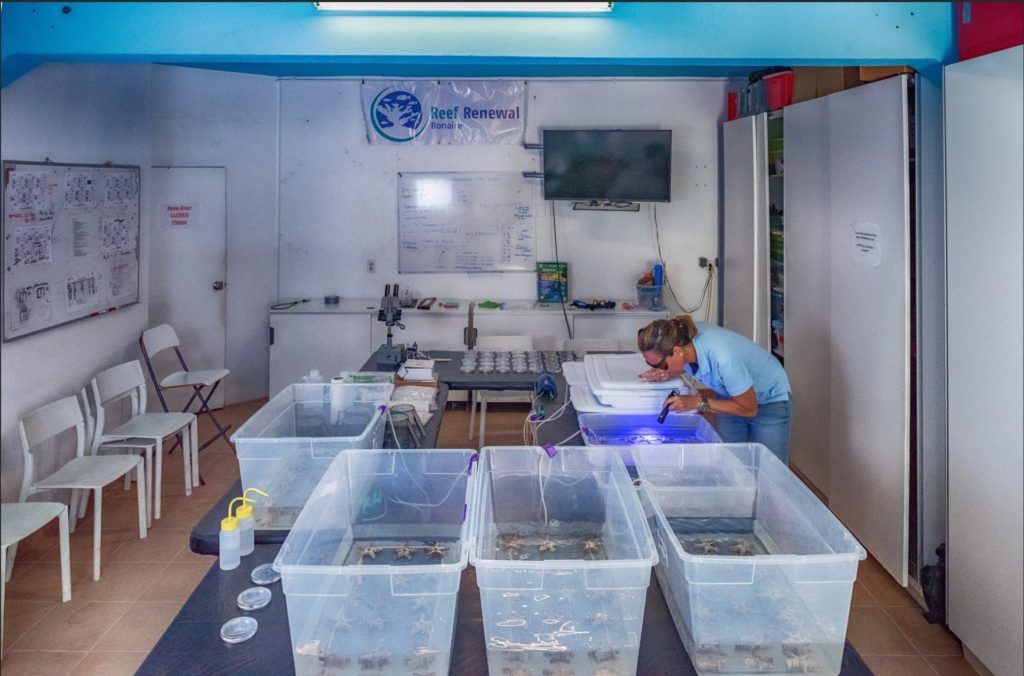
Expanding Our Team & Our Space
In addition to building our team of full-time staff on Bonaire, we’re strengthening our network of restoration practitioners, researchers, and area managers throughout the Caribbean. By pooling resources and insights with our partners, we can achieve results at a larger scale and provide practical solutions to the challenges faced in the restoration process.
On-Land Nursery Facility
We’re also in the process of establishing an on-land coral nursery facility, which will have several crucial functions. A dedicated facility will allow us to breed more corals, safeguard our gene bank during weather emergencies, and ultimately ensure the longevity of our efforts.
As our aim is to foster a collaborative learning environment, the facility will serve as a hub for education and research. With a dedicated area for presentations, we can engage students, community members, and groups interested in learning about coral restoration. We’ve also incorporated extra lab space and equipment to be used by visiting scientists and local organizations.
Sharing Knowledge throughout the Caribbean
To tackle the increasing environmental challenges facing coral reefs, collaboration with other practitioners, researchers, and managers is vital to magnify our impact. We’ve built lasting partnerships with collaborators in the Caribbean and have greatly benefited from sharing protocols, resources, and best practices in implementing various restoration techniques.
With over 10 years of expertise in coral restoration and thousands of successfully outplanted corals, we’re poised to become a hub for regional knowledge exchange. RRFB attracts researchers and practitioners from around the world who wish to learn our techniques and explore different facets of our work.
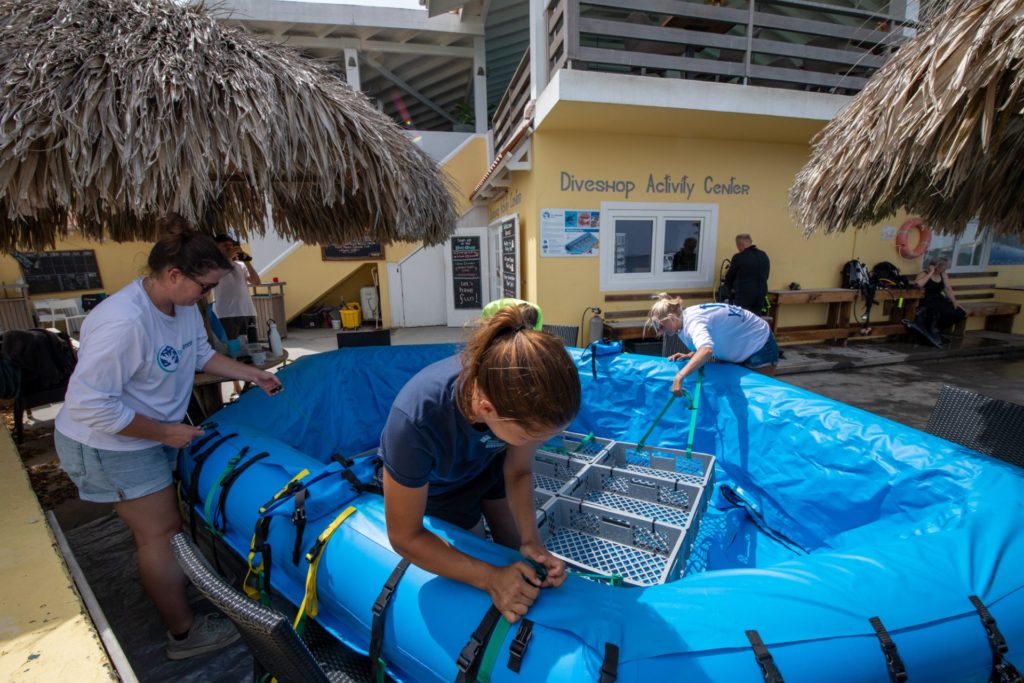
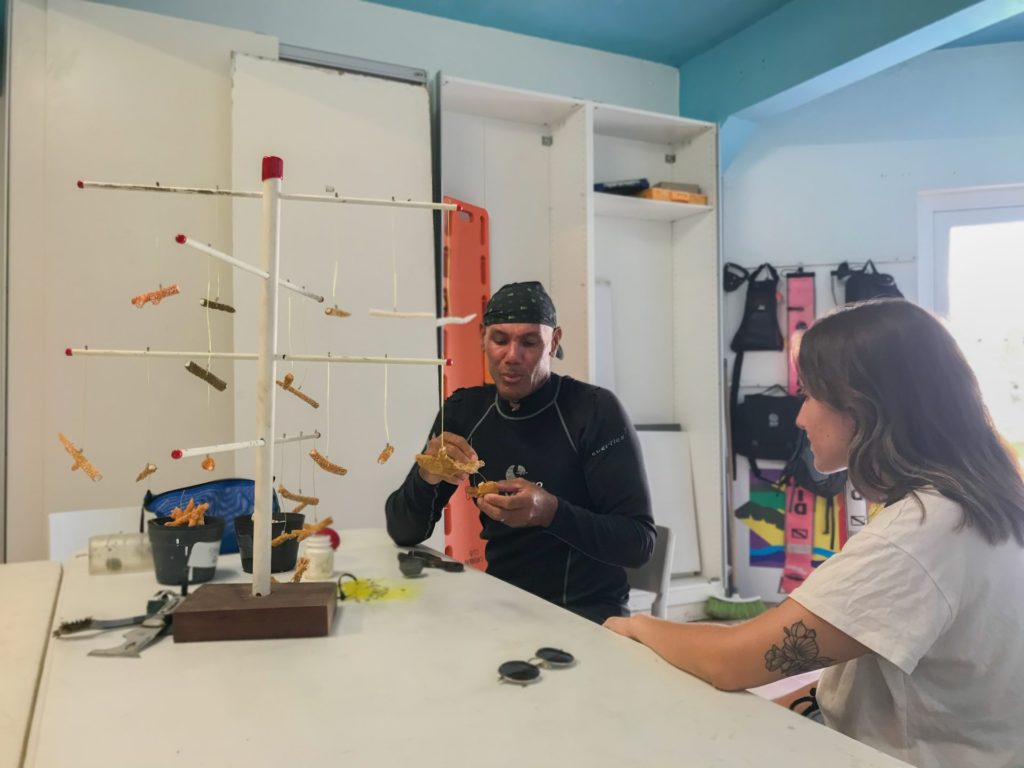
Supporting Emerging Projects
In line with our commitment to share knowledge, we’re focused on supporting the growth of emerging projects elsewhere in the Caribbean. We’re eager to provide strategic insight, resources, and logistical support to kickstart early-stage restoration projects on other islands. Thanks to funding from the Dutch ministry, we plan to host practitioners from other islands for in-person training, protocol development, and interactive workshops.”
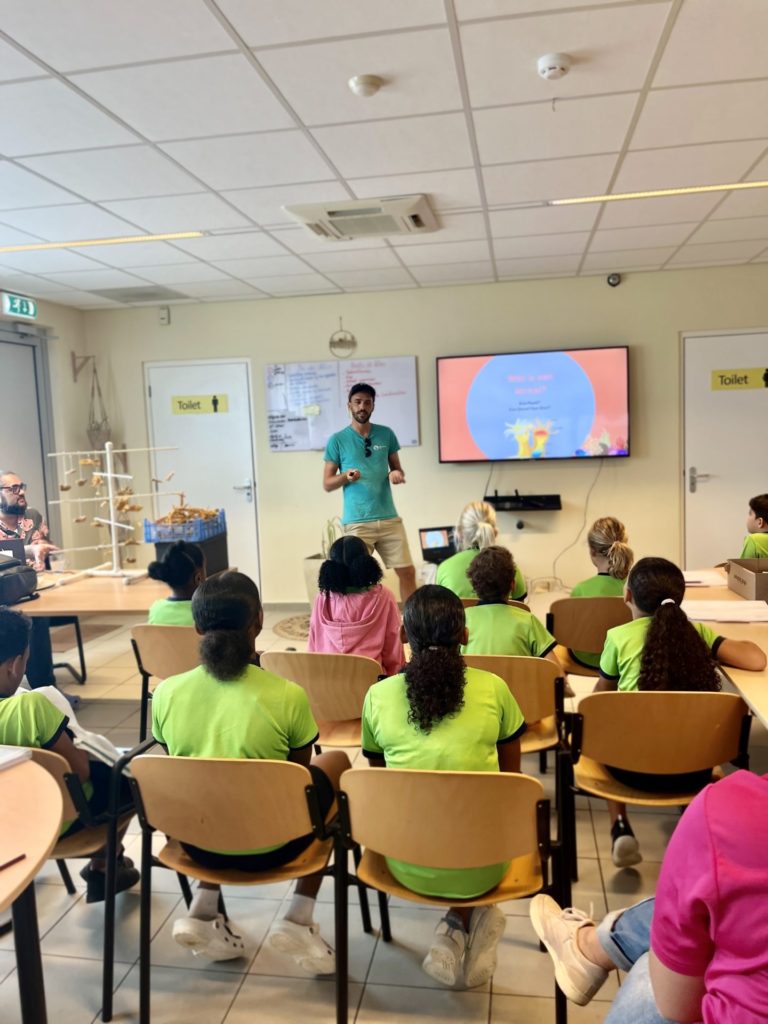
Promoting Awareness via Education & Local Partnerships
On top of all operational activities, we’re building our educational initiatives and local business partnerships to promote ocean stewardship and community involvement. We run joint programs with Jong Bonaire, STINAPA Jr. Rangers, and MBO to give young people hands-on experience in coral restoration. Thanks to support for this project, we can expand our current activities and partner with additional schools, youth groups, and local businesses to reach more of Bonaire’s community.
In addition to RRFB-led programs, we aim to reach more local dive operators on the island, who play a pivotal role in furthering our mission. Partner dive shops train resident and visiting divers who become essential volunteers and help us spread awareness about the importance of healthy reefs. As our network of dive shops grows, we can maximize our restoration impact and outreach efforts.
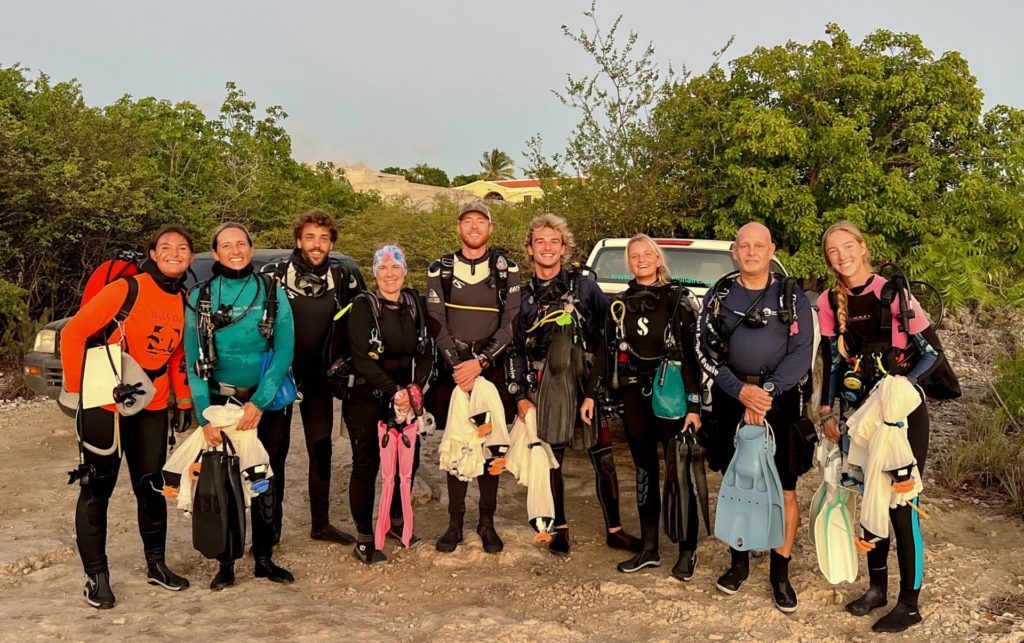
What is NEPP?
The Nature and Environmental Policy Plan (NEPP) is a program created by the Dutch national government. It serves as a blueprint for environmental management in the Dutch Caribbean for the next 10 years, with the goal of preserving the region’s unique and biodiverse ecosystems for sustainable and inclusive use.
This project is made possible through funding from Dutch national and Bonaire municipal governments for the implementation of nature and environmental policy.
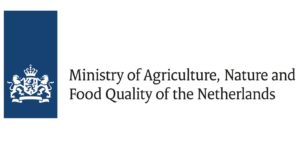
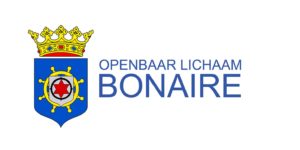
Reef restoration activities align with the Bonaire National Marine Park Management Plan 2022-2028, published by STINAPA Bonaire.

